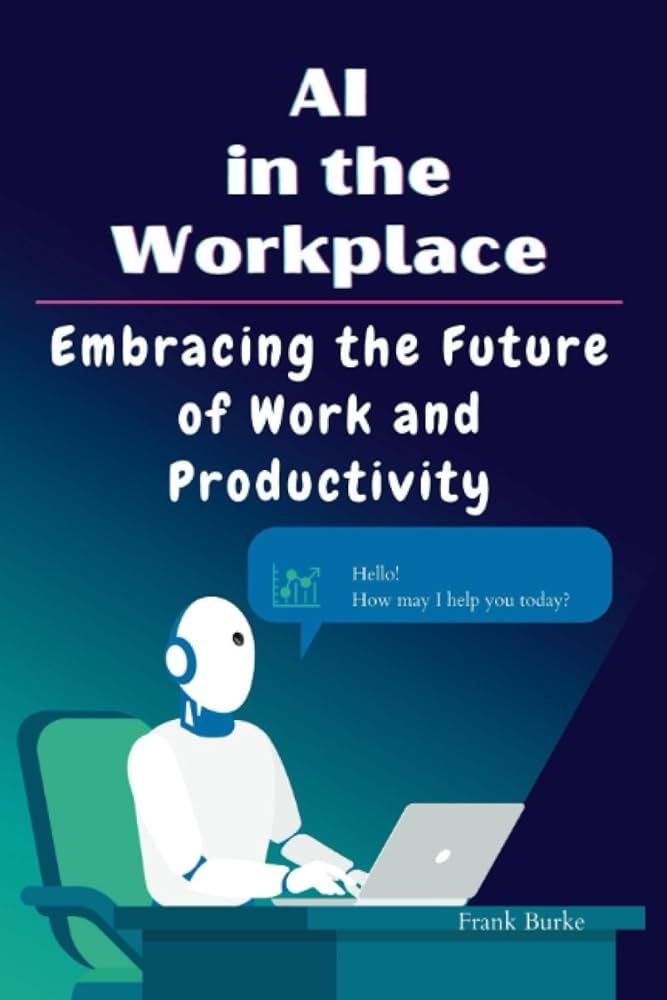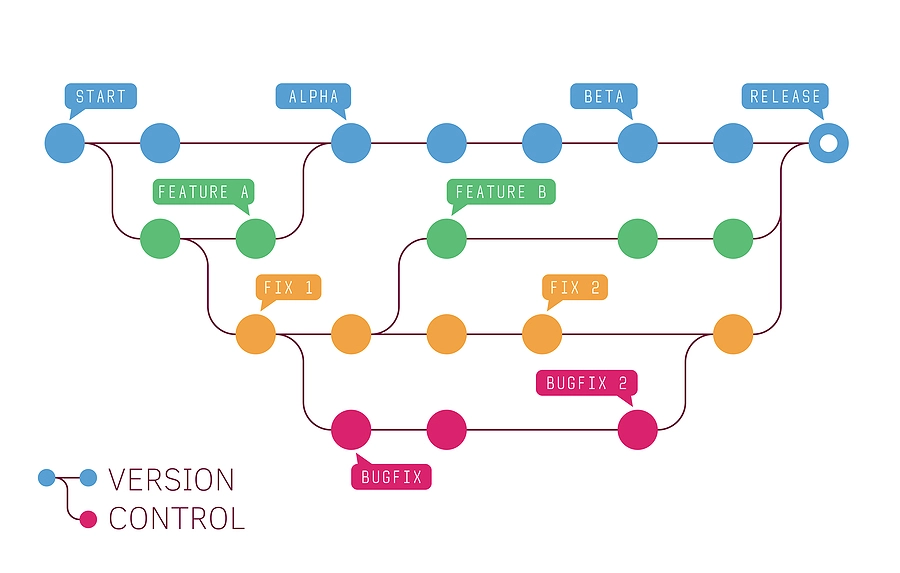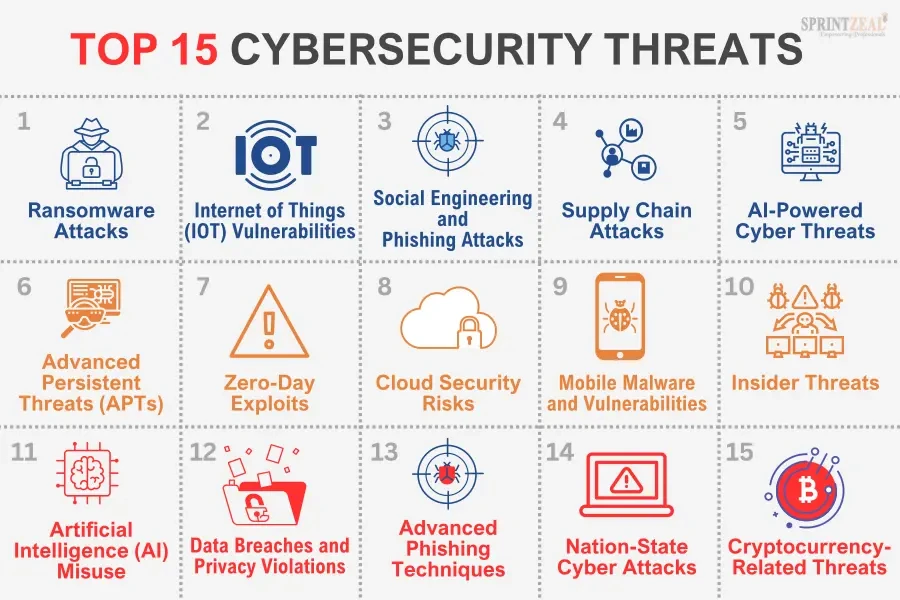
The Future of Work: AI in the Workplace
- 0
In today’s rapidly evolving technological landscape, artificial intelligence (AI) is transforming the way we work. From automating repetitive tasks to streamlining decision-making processes, AI is revolutionizing industries across the board. In this article, we will explore the impact of AI on the workplace and how it is shaping the future of work.
Automation and Efficiency
One of the most significant benefits of AI in the workplace is its ability to automate mundane and repetitive tasks. This not only frees up employees to focus on more strategic initiatives but also improves efficiency and accuracy. For example, AI-powered chatbots can handle customer inquiries 24/7, reducing the response time and enhancing customer satisfaction. In addition, AI algorithms can analyze large datasets in a fraction of the time it would take a human, enabling organizations to make data-driven decisions more quickly.
Personalization and Customer Experience
AI is also revolutionizing customer experience by enabling personalization at scale. By analyzing customer data and behavior, AI algorithms can provide tailored recommendations and targeted marketing strategies. For example, e-commerce platforms use AI to recommend products based on previous purchases, browsing history, and demographic information. This level of personalization not only enhances the customer experience but also drives sales and brand loyalty.
Decision-Making and Strategy
AI is changing the way organizations make decisions and develop strategies. By analyzing vast amounts of data and identifying patterns, AI can provide valuable insights and predictions that can inform strategic planning. For example, AI-powered tools can forecast market trends, optimize supply chains, and even suggest product innovations. This enables businesses to stay competitive in a rapidly evolving market and make informed decisions that drive growth and profitability.
Workforce Transformation
As AI becomes more prevalent in the workplace, the nature of work is also undergoing a transformation. While AI can automate certain tasks, it also creates new opportunities and roles that require human skills such as creativity, critical thinking, and emotional intelligence. Organizations are increasingly investing in upskilling their workforce to work alongside AI and leverage its capabilities effectively. This shift towards a more collaborative human-AI workforce is reshaping the way we work and the skills that are in demand.
Challenges and Ethical Considerations
Despite the many benefits of AI in the workplace, there are also challenges and ethical considerations that need to be addressed. One of the major concerns is the potential displacement of jobs due to automation. While AI can streamline processes and increase efficiency, it can also eliminate certain roles and tasks that are currently performed by humans. Organizations need to consider the impact of AI on their workforce and implement strategies to reskill employees and create new job opportunities.
Another ethical consideration is the bias and fairness of AI algorithms. AI systems are only as good as the data they are trained on, and biases in the data can lead to biased outcomes. It is essential for organizations to ensure that AI systems are transparent, accountable, and unbiased to mitigate the risk of perpetuating discrimination and inequality.
The Future of Work
Overall, AI is transforming the workplace in profound ways, from automating tasks and improving efficiency to enabling personalization and driving strategic decisions. As AI continues to evolve and become more integrated into our daily work routines, organizations need to adapt and embrace this technology to stay competitive and relevant in the digital age. The future of work is undoubtedly AI-driven, and those who harness its potential will thrive in the ever-changing landscape of work.
Are you ready for the future of work powered by AI?

